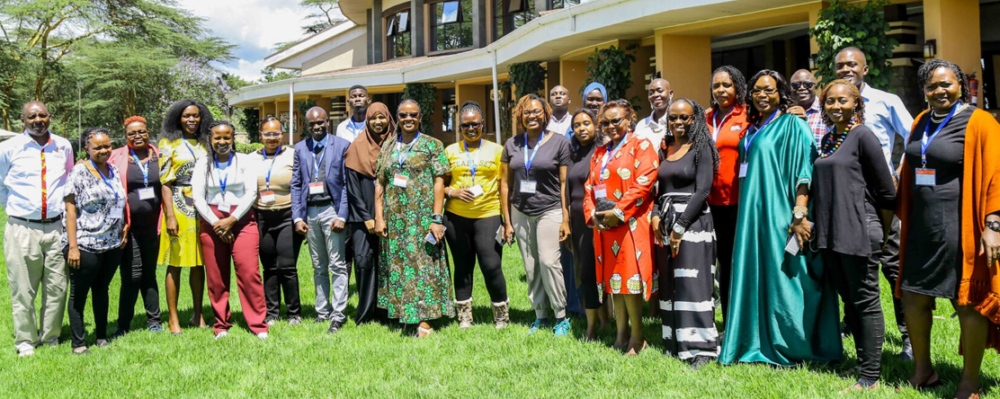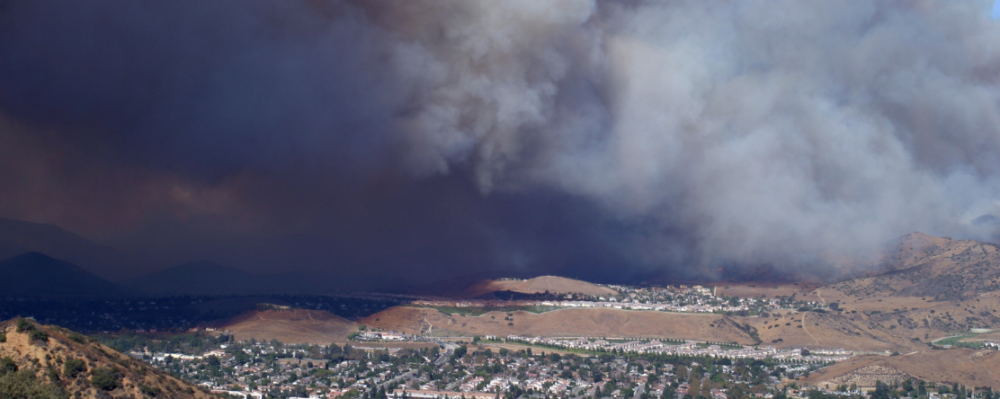
In the News
Clark County’s Not-So-Secret Weapon in the War on Coronavirus
- Clark County Today
-
Focus Areas
Communicable Disease Prevention -
Expertise
Public-Private Partnerships -
Programs
Tracing Health -
Strategic Initiatives
COVID-19
When a COVID-19 outbreak occurred at a local frozen fruit packing facility, Clark County’s contact notification system was put to its first major test. But without help, the County feared the outbreak could spread uncontrollably.
Working with the Oregon Public Health Institute, PHI’s Tracing Health program was brought in to hire, train and deploy contact tracing teams. Normally the County would have needed significant time and resources to begin hiring, but the PHI program knew that moving quickly was critical.
Within six days of PHI starting work with Washington County, over 1,000 applications had come in for potential contact tracing staff. Of those hired, 90 percent spoke at least two languages, covering six total languages in addition to English. This was especially valuable for addressing the outbreak at the Firestone fruit plant, where many of the employees speak little English.
“Our experience with PHI has exceeded our expectations. PHI immediately provided assistance, and as a result, we were able to control the (Firestone) outbreak and keep it from spreading further into our community.” Dr. Alan Melnick, Public Health director and Clark County Health officer.
According to Marta Induni, PhD, MA, BA, the program director for Tracing Health, a huge percentage of the people who applied to fill the positions said it wasn’t about the money as much as it was about the ability to do something good for their communities during the pandemic. “They really are on the phones because they want to help,” she said.
The contact tracing “micro teams,” as Induni calls them, are made up of eight contact notifiers, one supervisor, and a resource coordinator whose job is to interface with local officials on any requests for things like food assistance, prescriptions, or other services for people being asked to isolate.
When people identify a potential exposure, information about the person who may have exposed them is not disclosed by the county. “It’s not just a courtesy thing,” says Induni. “It’s protected health information.”
“We also do what’s called active monitoring, which is, we actually check in with these people every day, to see if they’re sick, to see how they’re doing…. We’ve got a really good workforce. We have alacrity, we can move around quickly, and we’ll grow when we need to.” Marta Induni, program director for Tracing Health.
Click below to read the full story.
Originally published by Clark County Today
More Updates
Work With Us
You change the world. We do the rest. Explore fiscal sponsorship at PHI.
Support Us
Together, we can accelerate our response to public health’s most critical issues.
Find Employment
Begin your career at the Public Health Institute.



